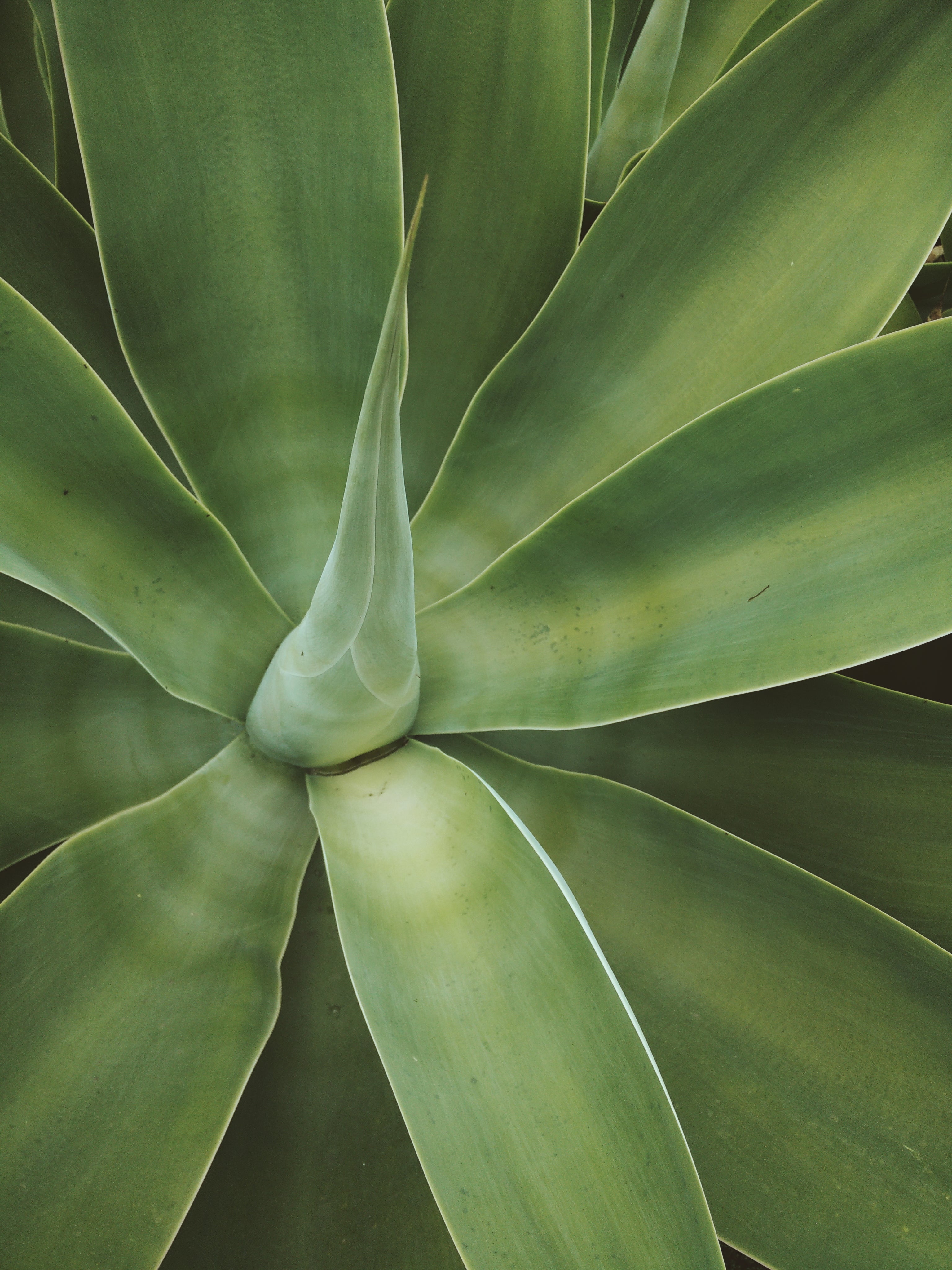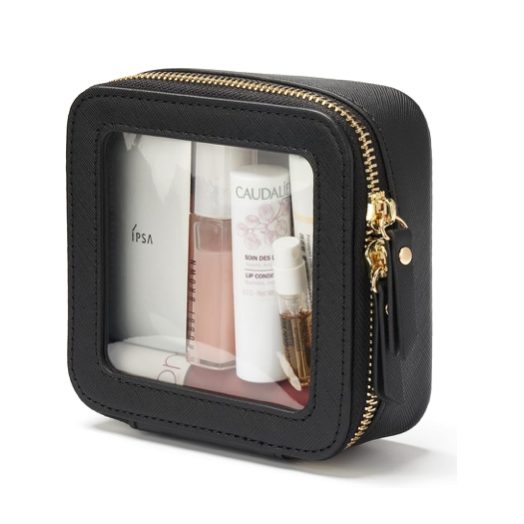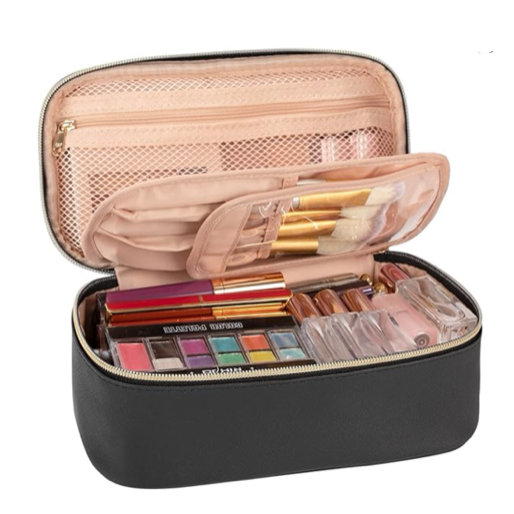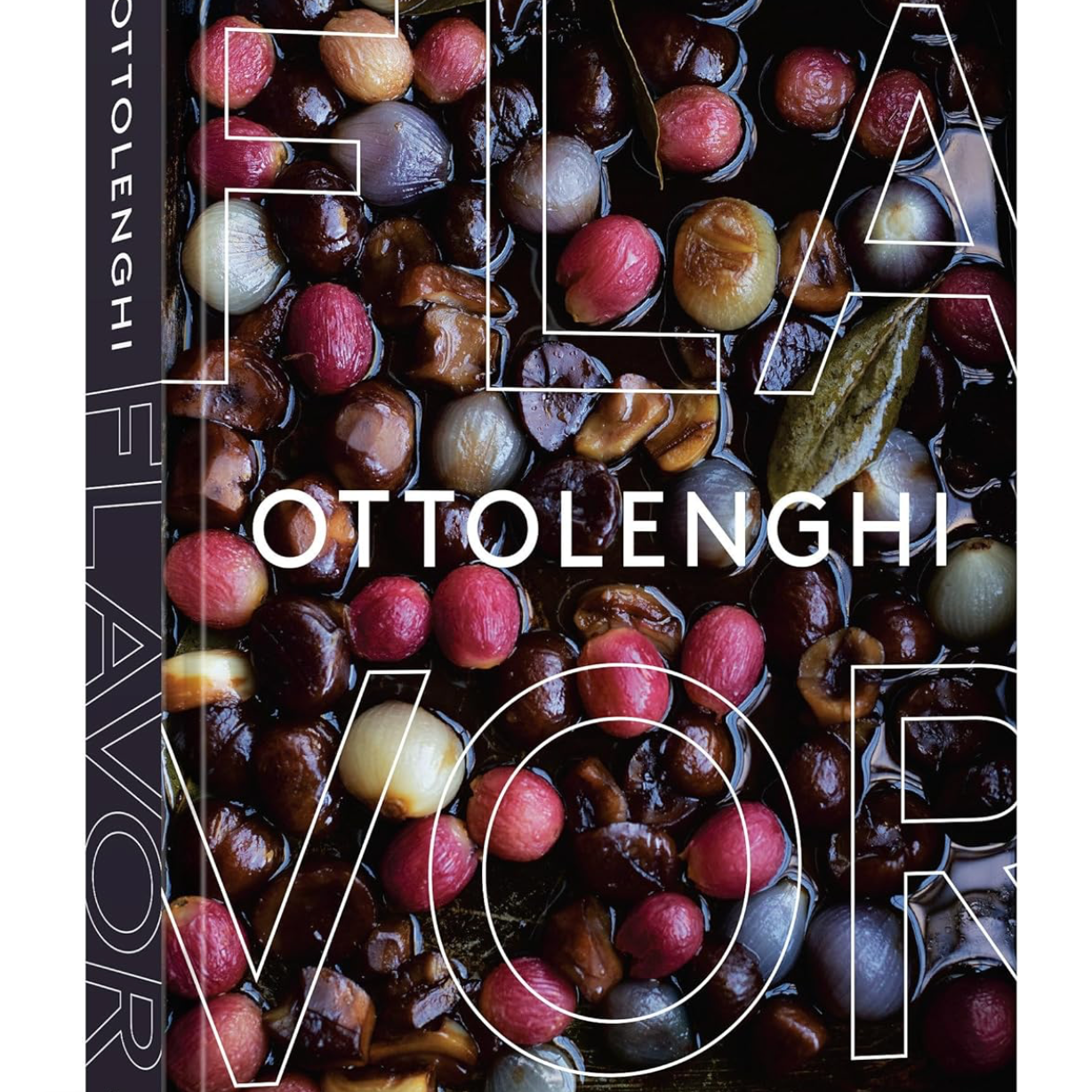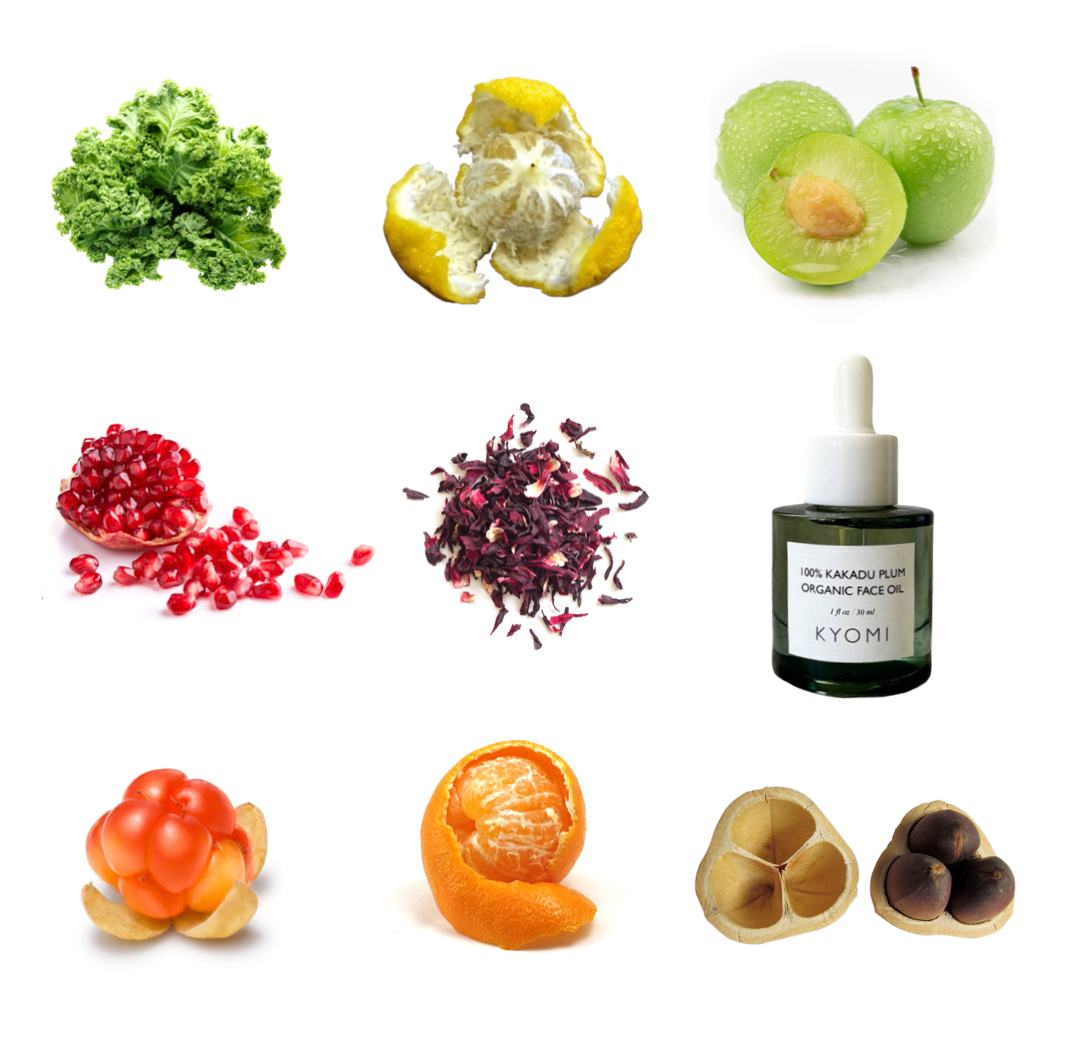Plant-based oils have quietly moved from the kitchen pantry to the top shelf of luxury skincare. Once considered “too greasy” for modern formulations, botanical oils are now celebrated by dermatologists, estheticians, and clean beauty brands for their unrivaled ability to nourish, repair, and protect the skin.
At Kyomi Skin, we believe these oils are more than ingredients—they’re nature’s gift for radiant, healthy skin. In this ultimate guide, we’ll explore the science, benefits, and best ways to use plant-based oils in your skincare ritual, featuring heroes like Cacay Oil, Kakadu Plum, Bakuchiol, Pure Plum, and Pomegranate.
Why Plant-Based Oils Are Skincare’s Best-Kept Secret
Plant-based oils are extracted from seeds, nuts, and fruits—each drop carrying an abundance of vitamins, antioxidants, and essential fatty acids. Unlike synthetic moisturizers that often sit on the skin’s surface, natural oils mimic the skin’s own sebum, allowing them to penetrate deeply and deliver nutrients where they’re needed most.
This makes them more than just hydrators—they’re skin-strengthening, glow-boosting powerhouses.
1. They Restore and Strengthen the Skin Barrier
The skin barrier acts as your body’s first line of defense, locking in moisture and keeping out pollutants, bacteria, and irritants. When compromised, it leads to dryness, sensitivity, and accelerated aging.
Plant oils like Cacay Oil (rich in linoleic acid) and Marula Oil (high in oleic acid) replenish the lipids in your barrier, helping to repair and fortify it.
The Science: Essential fatty acids, particularly omega-3 and omega-6, are critical for barrier integrity. A 2020 study in the International Journal of Molecular Sciences emphasized their role in preventing transepidermal water loss (TEWL) and maintaining skin health (Fluhr et al., 2020).
2. Antioxidant Protection Against Environmental Damage
Every day, your skin battles free radicals—unstable molecules triggered by UV rays, pollution, and stress—that break down collagen and elastin.
Plant oils are rich in antioxidants like:
-
Vitamin C (Kakadu Plum Oil)
-
Vitamin E (Cacay and Pure Plum Oils)
-
Polyphenols (Pomegranate Seed Oil)
These antioxidants neutralize free radicals, slow visible aging, and promote a more even, radiant complexion.
3. Deep Hydration for All Skin Types
Dry skin isn’t the only skin type that benefits from oils. Even oily and combination complexions can enjoy plant-based oils, especially lightweight options like Bakuchiol and Rosehip Seed Oil.
Unlike water-based moisturizers that evaporate quickly, oils create an occlusive layer that traps moisture and enhances skin softness.
4. Gentle, Multi-Tasking Care for Sensitive Skin
Many synthetic actives cause redness or irritation, but plant-based oils are often better tolerated. Bakuchiol, for instance, delivers retinol-like benefits without the peeling or sensitivity. Jojoba Oil closely resembles the skin’s natural sebum, making it ideal for balancing reactive or acne-prone skin.
Meet the Superstar Plant Oils
🌿 Cacay Oil: Amazonian Anti-Aging Marvel
-
Natural retinol (vitamin A) to reduce fine lines
-
Vitamin E for antioxidant protection
-
Linoleic acid to strengthen the skin barrier
-
Non-greasy and fast-absorbing
🌿 Kakadu Plum Oil: The Brightening Hero
-
Highest natural vitamin C content in the world
-
Boosts collagen production
-
Fades pigmentation and evens tone
🌿 Bakuchiol: The Sensitive Skin Retinol
-
Stimulates collagen and cell turnover
-
Improves texture and minimizes wrinkles
-
Non-irritating and pregnancy safe
🌿 Pure Plum Oil: The Hydration Booster
-
Rich in polyphenols and fatty acids
-
Soothes inflammation and hydrates deeply
-
Ideal for dry or flaky skin
🌿 Pomegranate Seed Oil: The Repair Specialist
-
Punicic acid (omega-5) for anti-inflammatory benefits
-
Repairs sun damage and environmental stress
-
Revives dull, tired skin
How to Use Plant-Based Oils in Your Skincare Routine
✦ As a Face Oil
Apply 2–4 drops as the final step of your routine (or before sunscreen in the morning).
✦ Mix With Moisturizer
Enhance your cream’s benefits by adding a few drops of oil.
✦ As a Natural Makeup Remover
Massage oil onto dry skin to dissolve makeup and impurities, then rinse with warm water.
✦ Overnight Treatment
Use it as a sleeping mask for deep hydration and repair while you rest.
Debunking Common Myths About Face Oils
“Will face oils clog my pores?”
Not if you choose non-comedogenic oils like jojoba, cacay, or squalane.
“Are oils enough to moisturize?”
For oily skin—yes. For dry skin—pair with a hydrating serum or cream for maximum benefit.
“Can I use oils with active ingredients like retinol?”
Yes. Oils can buffer actives and reduce irritation, making them a perfect pairing.
FAQs
Which plant oils are best for acne-prone skin?
Lightweight, non-comedogenic oils like jojoba, tsubaki, kalahari, squalane, and tamanu are ideal.
Are plant oils safe during pregnancy?
Yes, especially Bakuchiol and rosehip seed oil. However, always consult your doctor first.
Can I use multiple plant oils together?
Absolutely. Layer lighter oils under richer ones or blend them for customized care.
Final Thoughts: Why Plant-Based Oils Are Here to Stay
Plant-based oils are far more than a trend—they’re a return to intuitive, effective skincare that respects your skin’s natural biology. By incorporating these nutrient-rich elixirs, you’re giving your skin the tools it needs to stay hydrated, protected, and radiant.
At Kyomi Skin, we carefully curate oils like Cacay, Kakadu Plum, and Pure Plum for their transformative powers—each chosen for results you can see and feel.
References
-
Pullar, J. M., et al. (2017). The roles of vitamin C in skin health. Nutrients, 9(8), 866.
-
Dhaliwal, S., et al. (2018). Assessment of bakuchiol as a retinol alternative. British Journal of Dermatology, 179(2), 289–296.
-
Fluhr, J. W., et al. (2020). Essential fatty acids in maintaining skin barrier integrity. International Journal of Molecular Sciences, 21(17), 6329.
-
Campos, M. G., et al. (2014). Amazonian oils for skin care: Cacay oil properties. Journal of Cosmetic Science, 65(3), 201–209.

